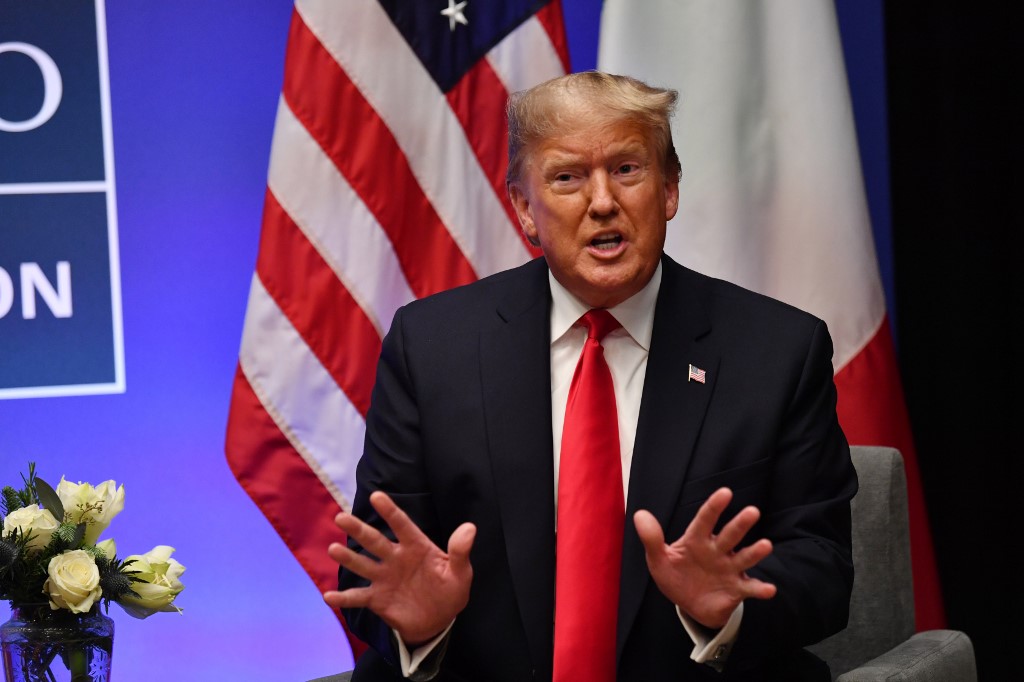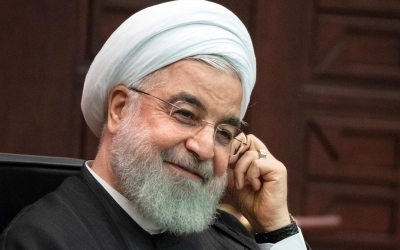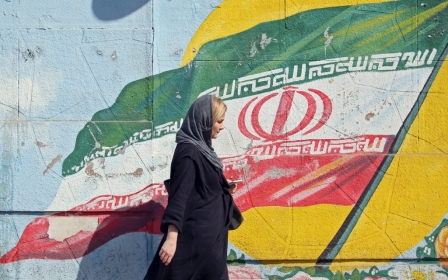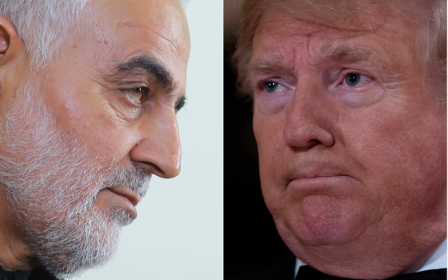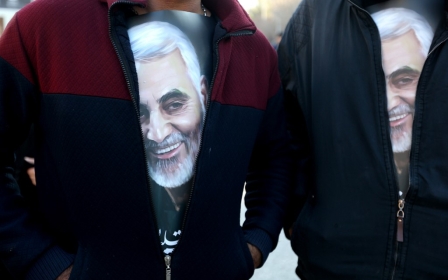US-Iran conflict: Why Saudi Arabia should not jump into the fray
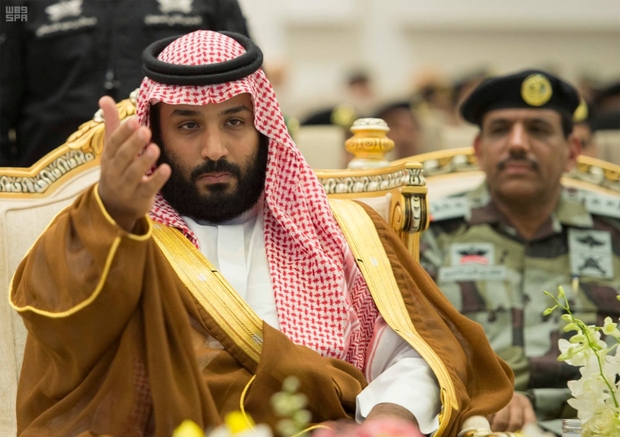
Saudi Arabia and Iran have been consumed by two Arab hornets' nests, the first in Yemen and the second in Iraq.
Neither can get out without losing substantial power and undermining the very foundation of their legitimacy. At the same time, both face a rising tide of protest against their hegemony in the two countries, which have a long history of resisting occupiers.
The entanglement of the US in both conflicts - supporting the Saudi onslaught in Yemen and enabling Iranian influence in Iraq - implicates it in regional conflicts that are beyond its control. The US can neither solve these urgent regional conflicts, nor even manage them.
Unfinished business
Amid recent escalation and the threat of war between the US and Iran, Saudi Arabia thus far remains hesitant, likely daunted by the prospect of being drawn unprepared into a new Gulf war on its doorstep.
While Riyadh might have secretly rejoiced over the US assassination of Iranian military commander Qassem Soleimani and the increasingly confrontational rhetoric between the US and Iran, it must worry about a new war that would reach its own oilfields and beyond - all while the kingdom still has unfinished business in Yemen.
While a low-intensity war between the US and Iran seems imminent on Iraqi soil, Saudi Arabia’s entanglement in Yemen is yet to be resolved in favour of Saudi interests.
A return to normality in Yemen, whereby Riyadh restores a loyal puppet regime in Sanaa, is far from a fait accompli, with the Houthis controlling large swathes of the country. A path to victory for Saudi Arabia remains uncertain in this war, launched five years ago as a show of force by a young and ambitious crown prince.
Saudi Arabia's record in Yemen has shown that its capabilities, especially its air force, can dole out haphazard destruction - but winning a war is totally different
It is also doubtful as to whether Saudi Arabia can fight two wars at the same time. Saudi capabilities fall short when it comes to launching a classical war against Iran, should the latter attack its oil fields, sabotage oil exports or foment unrest inside the country.
Saudi Arabia’s record in Yemen has shown that its capabilities, especially its air force, can dole out haphazard destruction - but winning a war is totally different.
The Saudi leadership will have to declare its total support for US President Donald Trump, should he foolishly continue escalation with Iran. In the case of a war, Riyadh would inevitably be one of Trump’s launching pads and the prime financier of his adventure, at a time when the kingdom's own dwindling oil wealth remains subject to fluctuations in market prices.
Depleted resources
Should Trump succeed in toppling the Iranian regime - though this is unlikely - he would emerge as a hero in the eyes of his supporters and go down in history as the US leader who dismantled the Islamic Republic regime. But what would happen to Saudi Arabia in such an unlikely scenario?
Riyadh would not be secure, even if the Iranian regime were to fall at the hands of Trump. Given the latter’s erratic foreign policy, Saudi Arabia might be the next target. Having taken every dollar that he could from them, Trump would have no real love left for the Saudi regime, whose main value to him is its wealth - and even now, that is quickly being eroded by ambitious economic plans that have yet to yield substantial output.
No doubt, the Saudi regime would be abandoned as Trump has done with other close allies (such as the Kurds) if he successfully toppled the Iranian regime. Then, Riyadh would have to deal with securing its regime under new circumstances, without the US cover that it has enjoyed since the Second World War.
Trump’s transactional approach to foreign policy should worry Saudi Arabia and dampen any enthusiasm it might have entertained after the assassination of Soleimani. The unintended consequences of regime change in Iran could result in disaster for the Saudi regime.
In addition, deprived of the imagined foreign enemy that sustains Saudi hyper-nationalist rhetoric, the regime would find itself unable to continue silencing critical voices. Its own population may not remain supportive of a regime that fails to master a reasonable regional foreign policy nor lavishes subjects with material rewards.
A difficult choice
If Iranian missiles begin striking Saudi targets, the crown prince would face a difficult choice. If he remains silent, he would be humiliated in the eyes of his constituency. This already happened when missiles struck two Saudi oil fields last year, disrupting exports for weeks. Yet, if he joined the war, he would turn his country's territory into a war zone and may not be able to stop the deluge.
These difficult choices could be resolved only if the US conflict with Iran is separated from other regional issues, which are urgently in need of a frank and honest discussion between Saudi Arabia and Iran.
Saudi Arabia needs to be neutral in the ongoing US-Iran crisis, which started in 1979 and still overshadows any diplomatic efforts to reconcile a hawkish US with a regional power facing a harsh sanctions regime. It is not in Riyadh’s interests to get involved in the Iran-US vendetta.
To maintain neutrality may not be an easy or even feasible option for the Saudi regime, given its support for Trump and its dependence on his patronage. It is also unlikely that the Saudi crown prince would dissociate himself from any US aggression against Iran.
But if the crown prince wants to avoid a war in which his own future may also be decided, he should remain outside of a game that is much bigger and more dangerous than he thinks. Saudi Arabia remains vulnerable, and a US war against Iran would only increase this vulnerability.
The views expressed in this article belong to the author and do not necessarily reflect the editorial policy of Middle East Eye.
This article is available in French on Middle East Eye French edition.
Middle East Eye propose une couverture et une analyse indépendantes et incomparables du Moyen-Orient, de l’Afrique du Nord et d’autres régions du monde. Pour en savoir plus sur la reprise de ce contenu et les frais qui s’appliquent, veuillez remplir ce formulaire [en anglais]. Pour en savoir plus sur MEE, cliquez ici [en anglais].



